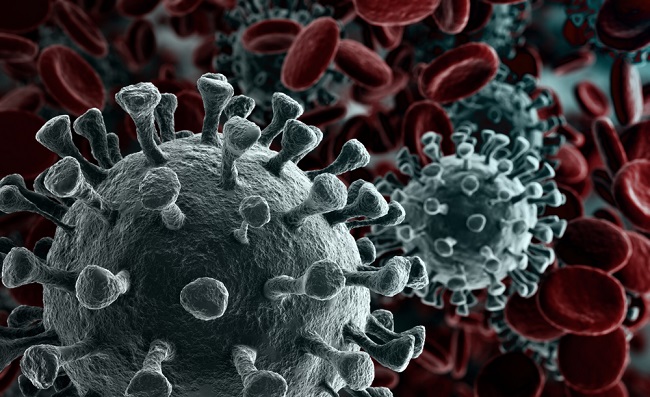Supported weight management may improve symptoms for people living with Long Covid and overweight
Published: 8 January 2025
Researchers have found that a combination of dietitian and peer-supported weight management may help improve symptoms in people with both Long Covid and overweight – however, the study leads stress it was a complex intervention and further research is required
Researchers have found that a combination of dietitian and peer-supported weight management may help improve symptoms in people with both Long Covid and overweight – however, the study leads stress it was a complex intervention and further research is required.
The results of the ReDIRECT trial – led by the University of Glasgow and published in Nature Medicine – found that a digitally-focussed, remotely-delivered structured weight management programme was effective in reducing the Long Covid symptoms that matter most to participants.

The trial, funded by the National Institute for Health and Care Research (NIHR) in response to the COVID-19 pandemic, involved participants with Long Covid symptoms lasting more than 12 weeks and with overweight. Participants nominated the Long Covid symptom they most wanted to see improve (including fatigue, breathlessness, pain), before beginning a six-month intervention which included a structured weight management programme with total diet replacement (for 12 weeks), followed by food reintroduction and weight loss maintenance support.
The study authors recognise that, while excess weight is unlikely to play a central role in the cause of Long Covid, different therapeutic options should be explored in the absence of a disease-modifying treatment or cure for Long Covid.
The research team also emphasises that Long Covid is a complex condition and that the ‘mechanisms of action’ of the intervention are uncertain. They call for an inclusive approach to treatment which incorporates the personal experiences and preferences of people living with Long Covid to inform and evaluate future interventions. The study worked closely with patient representatives from Long Covid Scotland, an interaction which was critical in shaping the research from design to analysis.
Dr David Blane said: “While it is difficult to assess the clinical significance of the health improvements in our study participants, there are promising signals that supported weight management could be a helpful part of a rehabilitation approach for some people living with Long Covid. We are proud to have worked closely with members of the Long Covid community, and their involvement throughout the research helped inform our understanding of Long Covid and contributed to the development of a weight management programme that could respond flexibly to the needs of people living with this debilitating, energy-limiting condition.”
Emilie Combet, Professor of Human Nutrition, added: “Long Covid is a complex condition and ReDIRECT was a complex intervention, involving not only remotely-delivered weight management, but also dietitian and peer support. Further research is needed, as Long Covid remains a significant public health concern affecting millions of individuals and families worldwide.”
Jane Ormerod, from Long Covid Scotland, said: “Representatives from Long Covid Scotland were involved from the outset in this study to ensure that the voices and experiences of people with Long Covid contributed to the development of this research intervention. We welcome opportunities to be involved fully in future research to develop inclusive approaches to the treatment and rehabilitation of people with Long Covid.”
The study, ‘Remotely-delivered weight management for people living with Long Covid and overweight: the randomised wait-list controlled ReDIRECT trial,’ is published in Nature Medicine and is funded by NIHR.
Enquiries: ali.howard@glasgow.ac.uk or elizabeth.mcmeekin@glasgow.ac.uk
First published: 8 January 2025
<< MVLS News

